Almost every smoker has tried to quit smoking at least once – often several times, and unfortunately, just as often unsuccessfully. The question quickly arises: Why is it so difficult for us to give up cigarettes permanently , even though we know it's bad for our health and expensive? The answer lies deep within our brains. The combination of physical dependence and psychological habits makes smoking one of the most difficult addictions to overcome. In this detailed article, you'll learn why your brain clings so stubbornly to smoking and how you can cleverly outsmart it to finally live a smoke-free life.
The Psychology Behind Addiction – Why Your Brain Clings to Smoking
To understand why it's so difficult to quit smoking, you need to understand how your brain works. Smoking delivers nicotine to your brain—a highly addictive substance that puts your brain into a state it perceives as pleasurable and relaxing. Nicotine stimulates the reward center in the brain, causing the release of feel-good hormones like dopamine. Your brain therefore directly associates smoking with positive feelings like stress relief, pleasure, and relaxation.
In addition to physical nicotine addiction, psychological habits play a crucial role. Your brain learns to directly associate certain situations and activities with smoking—the morning cup of coffee, the cigarette after dinner, social smoking at parties, or a cigarette as a reward after a stressful day. These routines become deeply ingrained in the subconscious and automatically trigger the urge to light a cigarette again and again.
How do you effectively trick your brain when quitting smoking?
1. Consciously create new habits
The key to reprogramming your brain is to establish new, positive habits to replace your current smoking routine . Make a conscious effort to actively restructure your daily routine:
-
Drink a cup of tea or juice instead of coffee in the morning.
-
Take a short walk after eating or brush your teeth right away.
-
Replace smoking breaks with short meditations, breathing exercises or stretching exercises.
The more often you consciously perform these new routines, the faster your brain gets used to them and automatically reduces the craving for cigarettes.
2. Use new rewards consciously
Your brain responds strongly to rewards. Use this mechanism purposefully by actively and consciously rewarding yourself for smoke-free days:
-
Set smaller goals (1 day, 1 week, 1 month smoke-free) and reward yourself with something nice, such as a massage, a meal with friends, or new clothes.
-
Rewards strengthen positive neural connections in your brain and thus replace smoking as a source of happiness in the long term.
3. Mindfulness and conscious distraction
Another key is mindfulness. Try to consciously notice the urge for a cigarette without immediately reacting. In these moments, ask yourself:
-
“What am I really feeling right now? Stress, boredom, or maybe tired?”
Through conscious awareness, you can react better and use targeted alternatives to overcome the cravings. Meditation, yoga, or short breathing breaks can help you enormously.
4. Tools like KLAIR – an effective trick for your brain
Your brain craves the sensory reward of a cigarette. Aids like KLAIR offer you just that—a sensory alternative, but without the harmful nicotine. The flavored capsules give your brain the feeling of receiving a "reward." This allows you to effectively replace old habits and make the transition much easier.
Conclusion: Your brain is your ally – if you control it cleverly!
It's true that your brain sticks with smoking because it associates positive rewards with it. But you can cleverly exploit this very mechanism by using new routines, conscious rewards, and tools like KLAIR. With targeted strategies and a little patience, you can effectively "reprogram" your brain and thus remain smoke-free for good.
Always remember: every new smoke-free habit makes you stronger, healthier, and happier. You have all the tools to do it—start today and be proud of every single step!

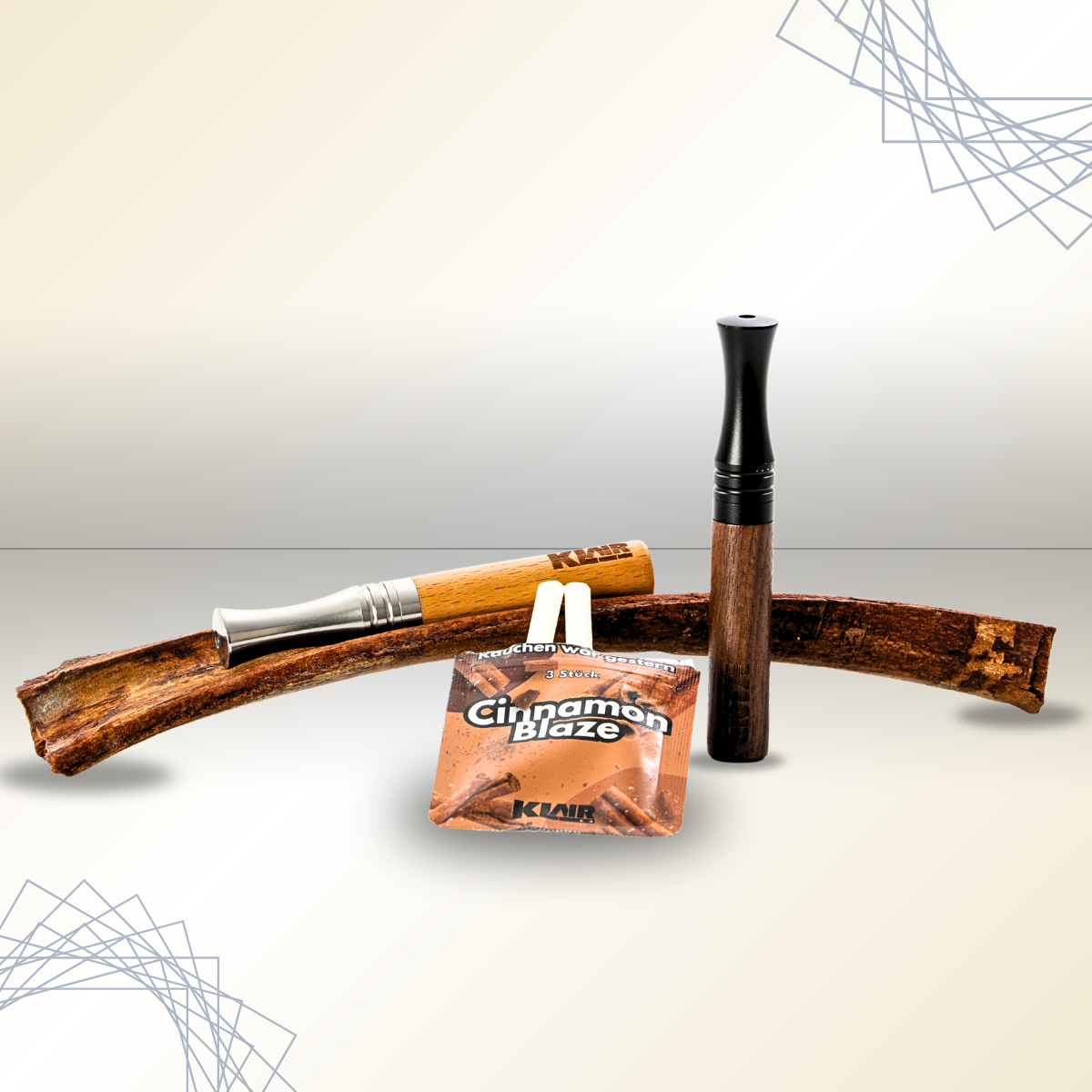

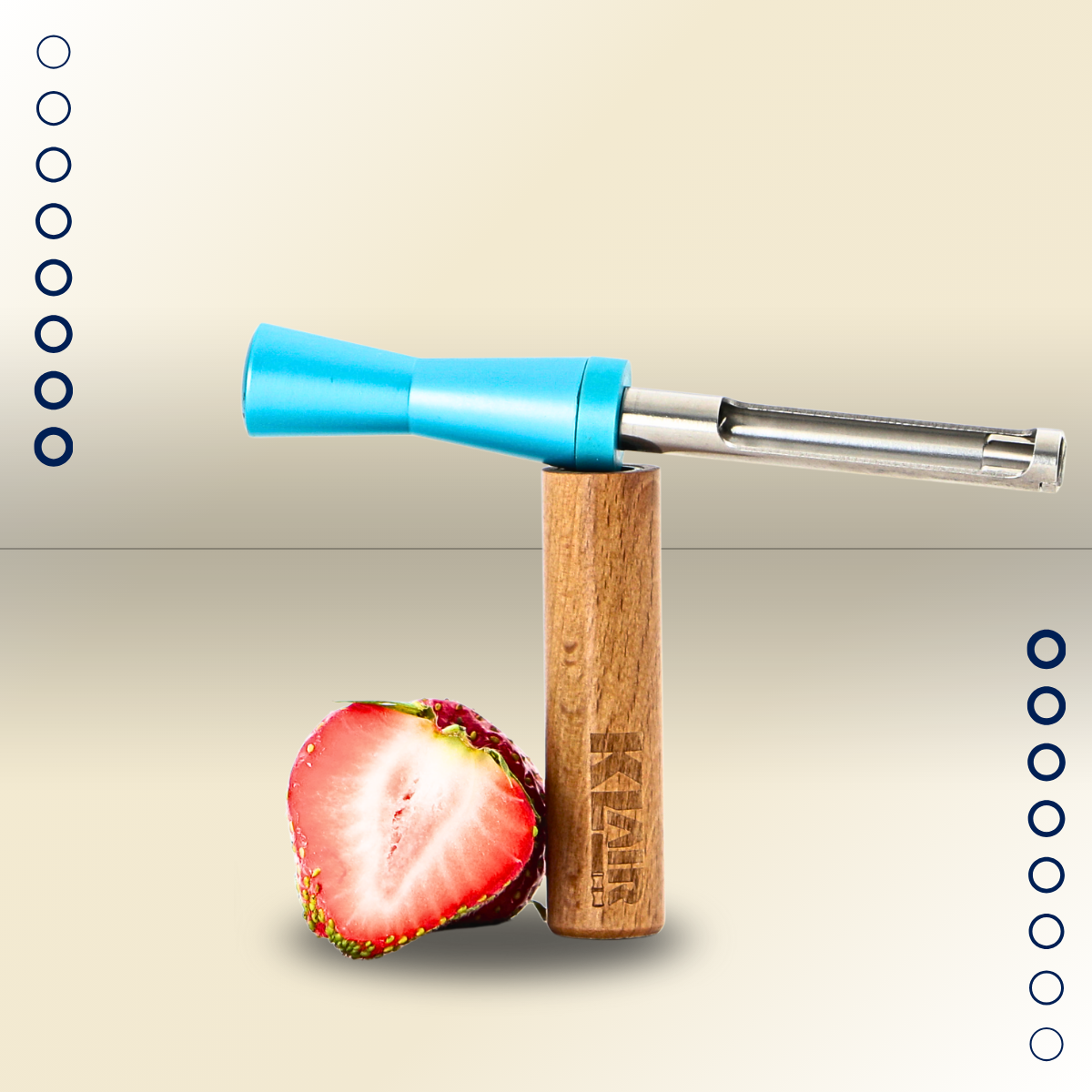
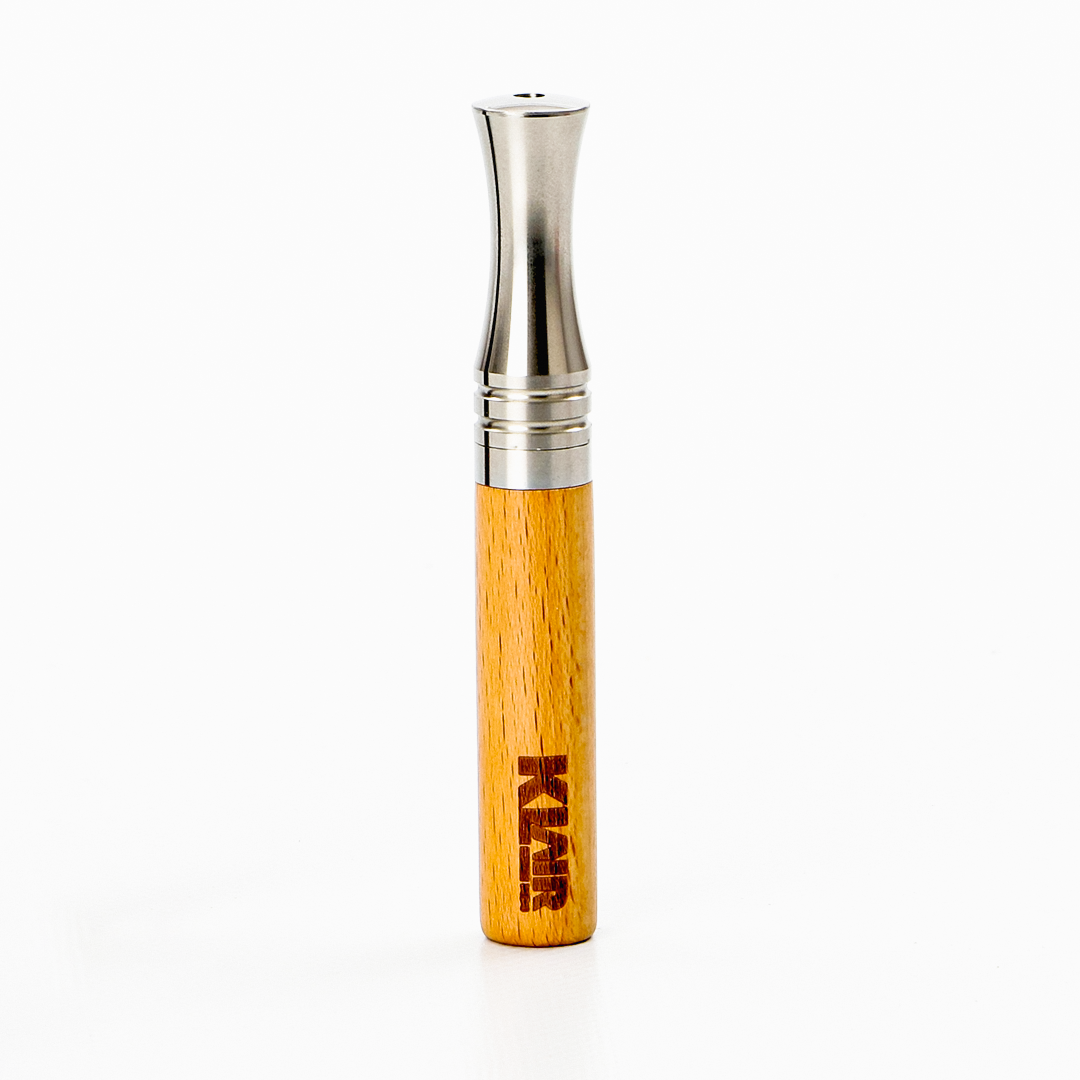
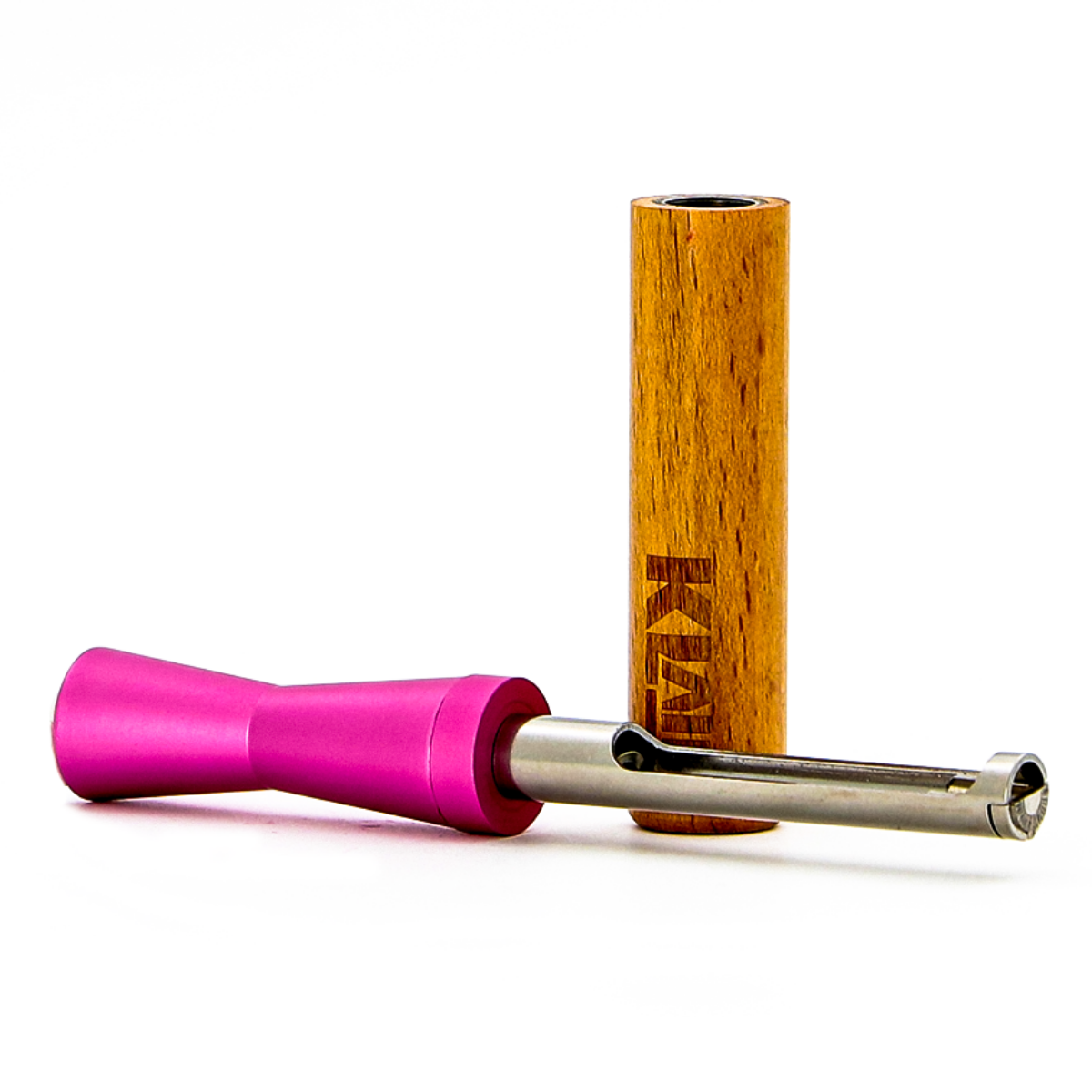
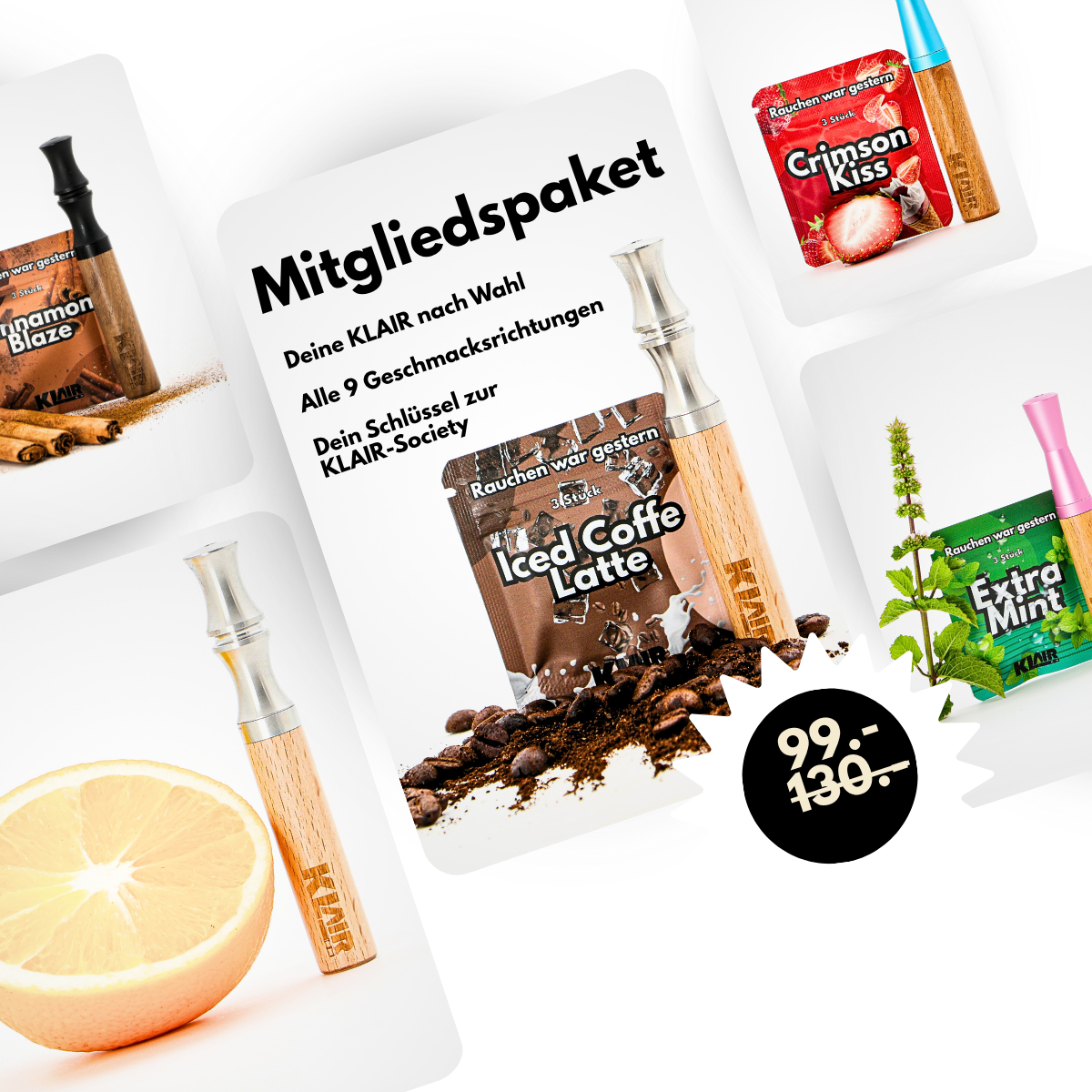
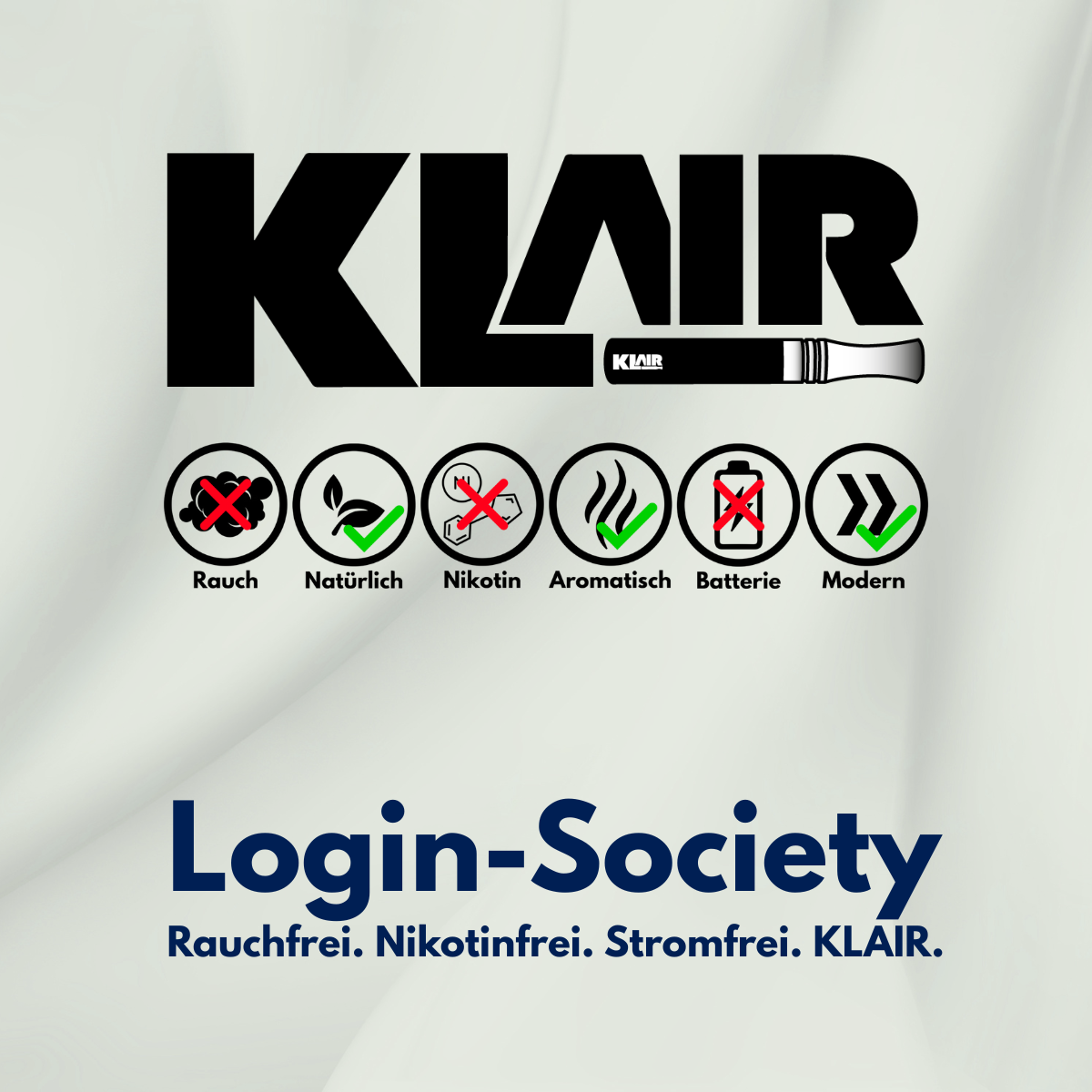
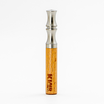
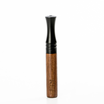
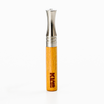
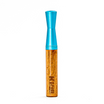
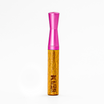










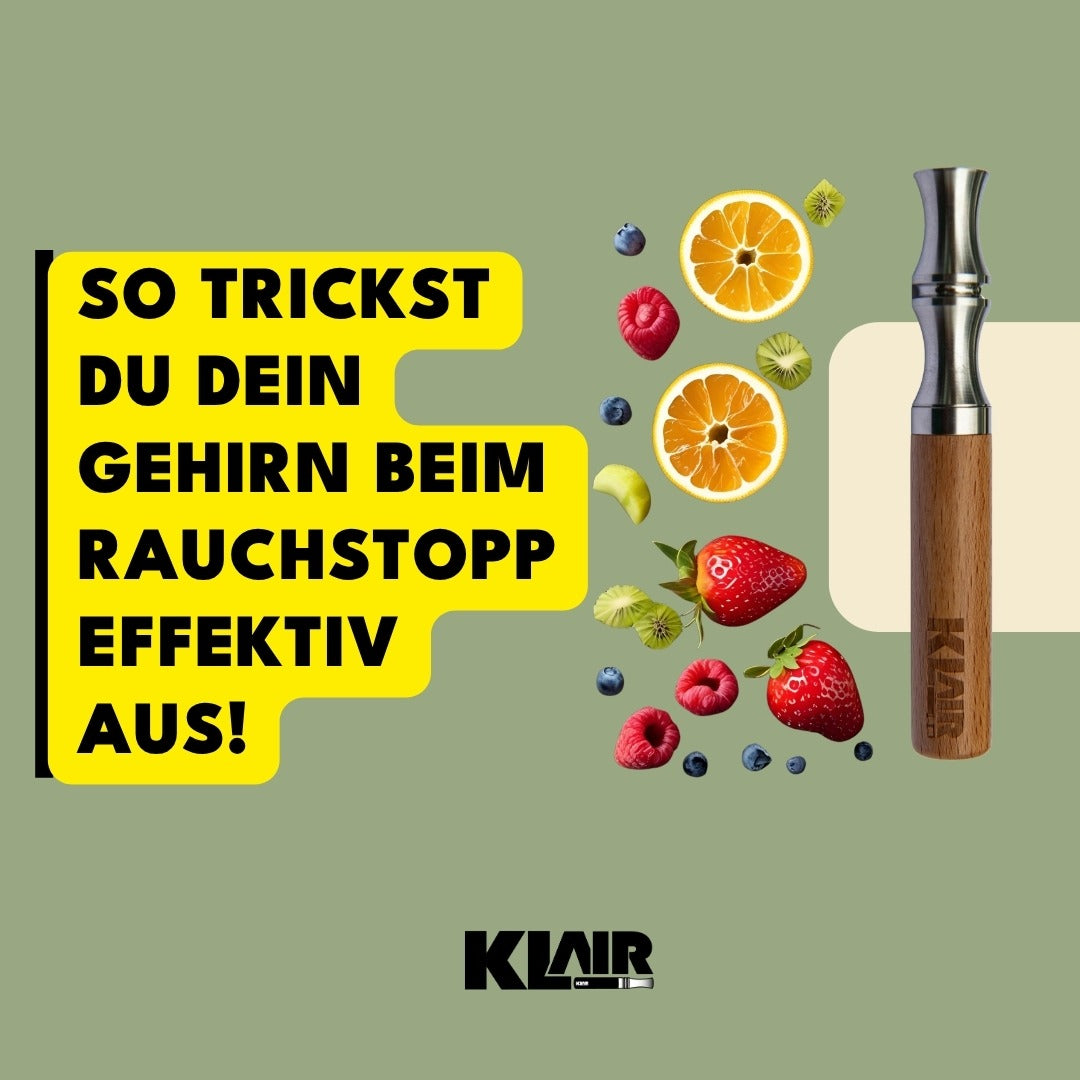
Leave a comment
All comments are moderated before being published.
This site is protected by hCaptcha and the hCaptcha Privacy Policy and Terms of Service apply.